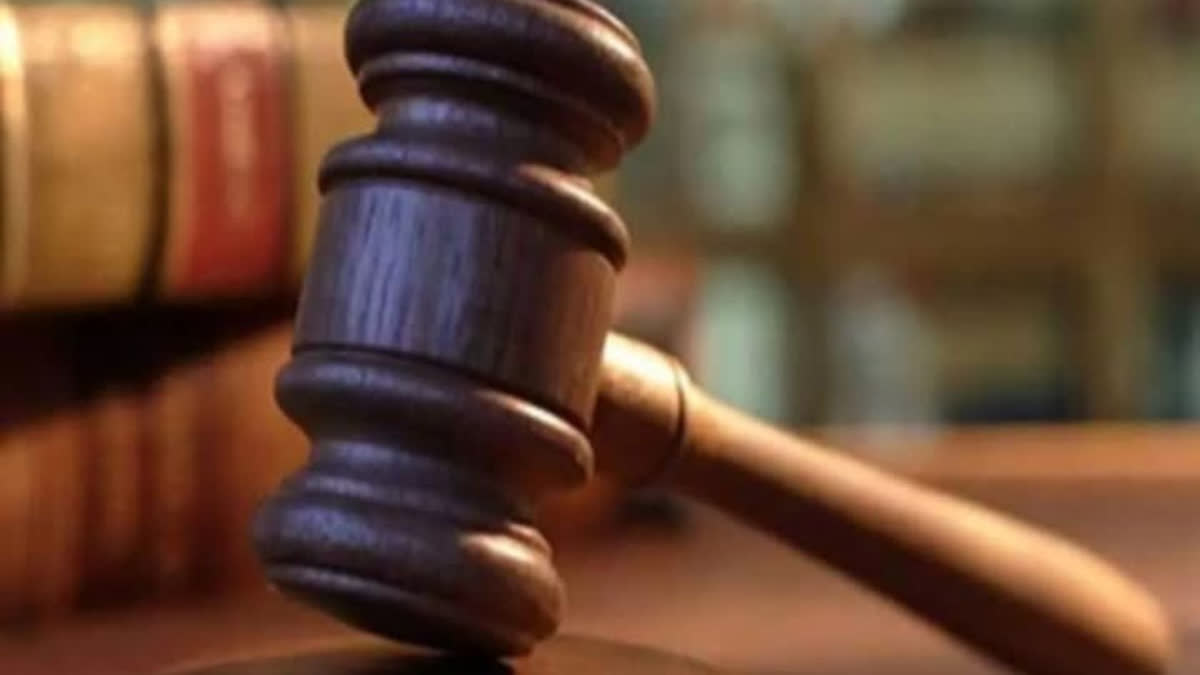New Delhi :A seven-judge bench of the Supreme Court on March 4, will pronounce its verdict on reconsideration of its 1998 judgment, which held that MPs and MLAs enjoy immunity from prosecution for taking a bribe to make a speech or vote in the House.
On October 5, a seven-judge bench led by Chief Justice of India D Y Chandrachud and comprising justices A S Bopanna, M M Sundresh, P S Narasimha, J B Pardiwala, Sanjay Kumar and Manoj Misra, had reserved the judgment.
During the hearing, solicitor general Tushar Mehta, representing the Centre, had submitted that bribery can never be subject-matter of immunity. Mehta emphasized that it is nobody's case that there should not be privilege or immunity, and performance of legislative duty fearlessly is the object of the provisions. He said the only question is whether bribery should be covered by this privilege or immunity.
Mehta urged the court to not go into the immunity aspect under Article 105 of the Constitution and stressed that the offence of bribery is complete when a bribe is given and accepted by the lawmaker and it can be tackled under the Prevention of Corruption Act.
Mehta said there can be perhaps one more angle from which this court considers whether bribery can be protected by immunity or privilege and, referring to 1998 judgment, added that neither majority or minority examines the issue from this perspective.
Mehta said the short question, on which present reference is based, is whether the offence of bribery is complete outside the House. “If it is, this court does not need to go into the question of immunity,” he said.
The bench had orally observed the place where offence is completed and whether it is antecedent or subsequent to speech/vote should not matter, and further queried, suppose an agreement to pay bribe is arrived at within House itself.
Attorney General R Venkataramani, also representing the Centre, said it is either speech or conduct in relation to manifold functions of the legislature where elected representatives participate, that stands protected.
The AG said wherever this immunity is claimed, the inquiry will be whether speech or vote is in relation to manifold functions discharged at the legislature, and any conduct other than conduct related to legislative function will fall outside of this.
The AG said the elected representative must be free to perform legislative functions without being impaired or exposed to undue exertions and coercion. He added that at the same time, the elected representative’s office shall not be so exercised so as to dilute the trust and its importance and “we are looking at how to balance these”.
The apex court is re-examining the “the correctness” of a 1998 five-judge constitution bench judgment in the P V Narasimha Rao case, where the majority had held that legislators were immune to prosecution on bribery charges for their speech or vote in Parliament.
Mehta had said both him and Attorney General R Venkataramani would be arguing that the minority view in the Rao's case by justice S C Agarwal “is the correct view”.
Senior advocate Raju Ramachandran, representing the appellant Jharkhand MLA Sita Soren, requested the court not to interfere with “a carefully considered and well-reasoned judgment”, and the judgment “was not unconscious of constitutional morality and there is no ground to upset the view taken”.
In 2019, a bench led by then chief justice Ranjan Gogoi, which was hearing an appeal filed by Sita Soren, JMM MLA from Jama and daughter-in-law of party chief Shibu Soren, who was an accused in the JMM bribery scandal, had referred to a five-judge bench the crucial question, noting it had “wide ramification” and was of “substantial public importance”.
Read More
- SC Junks PIL Seeking Round-The-Clock Digital Monitoring Of Lawmakers For Better Governance
- 'Unauthorised Colonies In Delhi': SC Cites Flaw In Urbanisation Policies, Says Shelter 'Basic Right'
